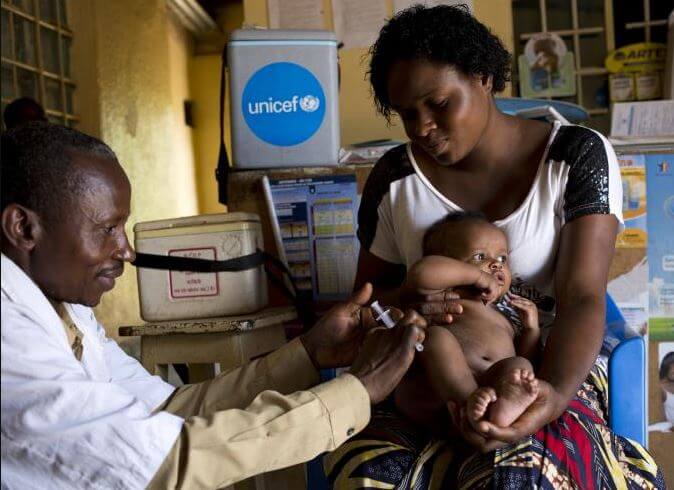The effectiveness and need for Covid-19 vaccine booster shots remains up for debate. Late last month, clinicians writing an editorial for the British Medical Journal argued, “The case for universal boosters is weak and the benefits are unclear.”
Israel’s population studies with the Pfizer vaccine have again proved an important testing ground. Pfizer itself has spruiked “100%” protection against severe disease following a third shot in its studies in Israel.
But other Israel-based researchers were more circumspect. “Further studies are needed to determine the duration of protection conferred by the third dose and its effect on severe disease,” one team said. Patient follow-up in one study on Pfizer booster shots in Israel lasted just 7-12 days.
This is the crux of the matter, according to the BMJ editorial. The mRNA vaccines inevitably provoke an antibody response to the SARS-CoV-2 spike protein. This gives very strong but short-lived “neutralising antibody” protection, in the same way that a person who has recently overcome a bout of cold or flu is resistant to re-infection.
Long-term immunity depends on different immunological processes. In the case of mRNA vaccines, “Robust and long lived plasmablast and germinal B cell responses have been shown, and memory B cells have been shown to increase over at least six months, improve functionally, and provide cross-variant protection.”
While the exact outcomes of these processes are still unknown with respect to Covid, it does show that “neutralising antibodies are unlikely to be the only mechanism of protection.”
The catch is that long-term immune responses take more time than a pre-existing antibody response to mobilise once a virus is detected. This helps explain the mRNA vaccines’ waning protection against symptomatic disease over the first six months after vaccination, versus its persistent protection against severe disease.

Of course, as with most Covid claims, the BMJ editorial is not without its political implications, which a skeptic might argue influenced its authors. Specifically, abandoning a booster program frees up hundreds of millions of shots to advance global vaccination.
The researchers cite both humanitarian concerns as well as the previous emergence of new variants during uncontrolled outbreaks in India, Brazil and South Africa. “Rapid scale-up of vaccination coverage globally remains the most urgent public health priority,” they say.
Follow Christian on Twitter for more news updates.